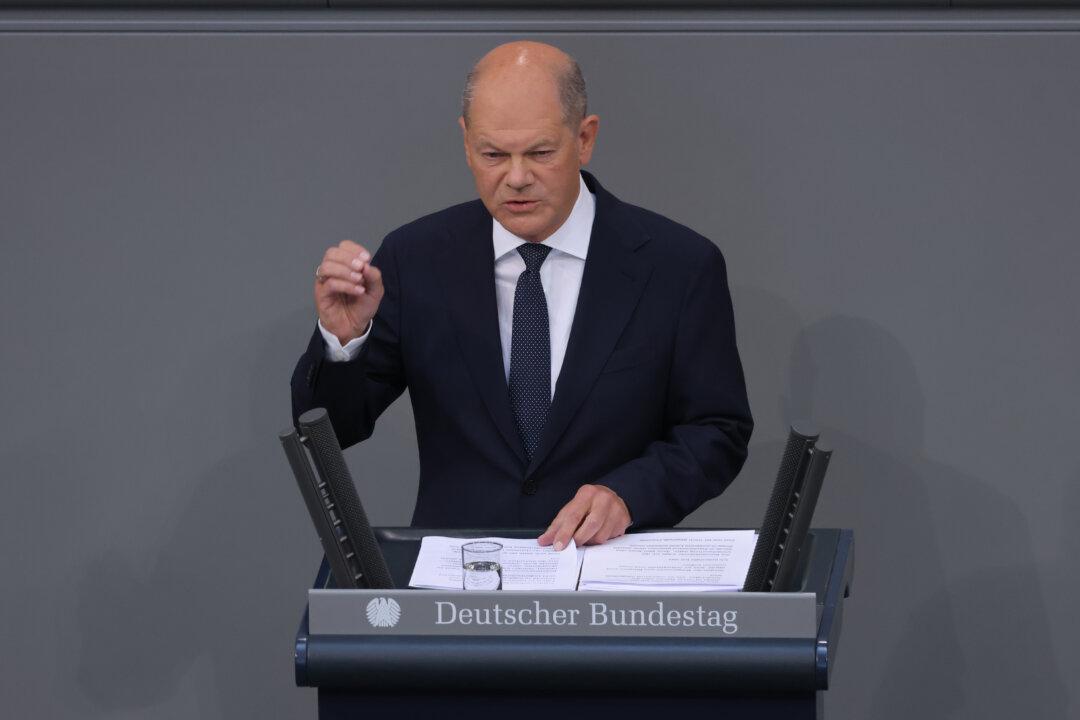German Chancellor Olaf Scholz vowed on Thursday to change deportation rules to allow the country to deport immigrants convicted of serious crimes. The move follows a deadly knife attack by an Afghan man, which has prompted calls for tougher immigration policies.
Addressing the Bundestag, the lower house of the German parliament, about a week after a man from Afghanistan killed a 29-year-old police officer and severely wounded six others in the southwestern city of Mannheim, Mr. Scholz said Germans are “shaken and shocked” by the attack.





